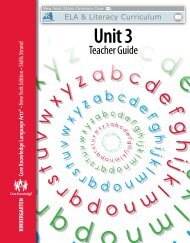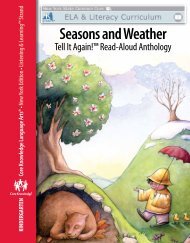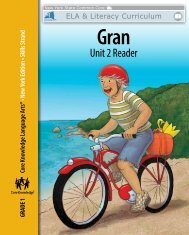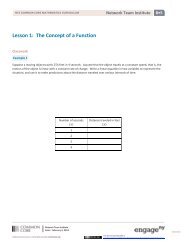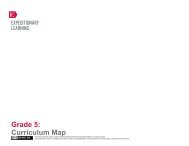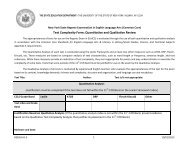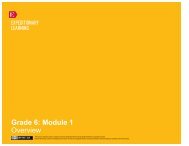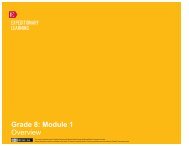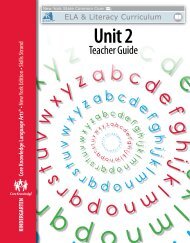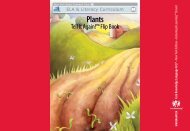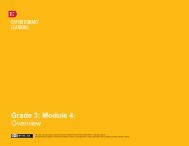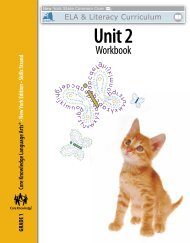Skills Unit 2 Teacher Guide - EngageNY
Skills Unit 2 Teacher Guide - EngageNY
Skills Unit 2 Teacher Guide - EngageNY
You also want an ePaper? Increase the reach of your titles
YUMPU automatically turns print PDFs into web optimized ePapers that Google loves.
• make predictions and compare to actual outcomes<br />
• capitalize the first word in a sentence, the word I, and proper nouns<br />
• write words, phrases, and sentences from dictation using phonics<br />
knowledge including phonemically plausible spellings<br />
<strong>Unit</strong> 2<br />
• blend, sort, and/or classify individual phonemes including short<br />
vowels, all consonants, digraphs, and alternative spellings to read and<br />
pronounce printed one- and two-syllable words<br />
• chaining exercises<br />
• read tricky spellings sounded in multiple ways<br />
• read and write words with inflectional endings<br />
• the Tricky Words I, you, your, street, my, by, have, all, who, no, go, so,<br />
are, were, some, they, their<br />
• read decodable text including stories, fairy tales, fantasy, fables,<br />
historical narrative, and informational; distinguishing genres<br />
• increase accuracy, fluency, and expression<br />
• use context and punctuation (including periods, question marks,<br />
exclamation marks, and commas) to understand text structure and<br />
meaning<br />
• use apostrophes to create contractions and quotation marks to<br />
designate direct speech<br />
• answer questions about fiction and nonfiction text orally and in written<br />
form<br />
• retell a story using narrative language or by sequencing pictures<br />
• use basic text features including title, table of contents, chapter<br />
headings, pictures, and captions<br />
• identify character(s), setting, and plot; compare and contrast these<br />
features between several texts or within a single text<br />
• identify who is telling the story at various points in the text<br />
• utilize background knowledge and personal experiences to make<br />
connections to text and interpret text<br />
• make predictions and compare to actual outcomes<br />
• capitalize the first word in a sentence, the word I, and proper nouns<br />
<strong>Unit</strong> 1 | Appendix A 159<br />
© 2013 Core Knowledge Foundation



